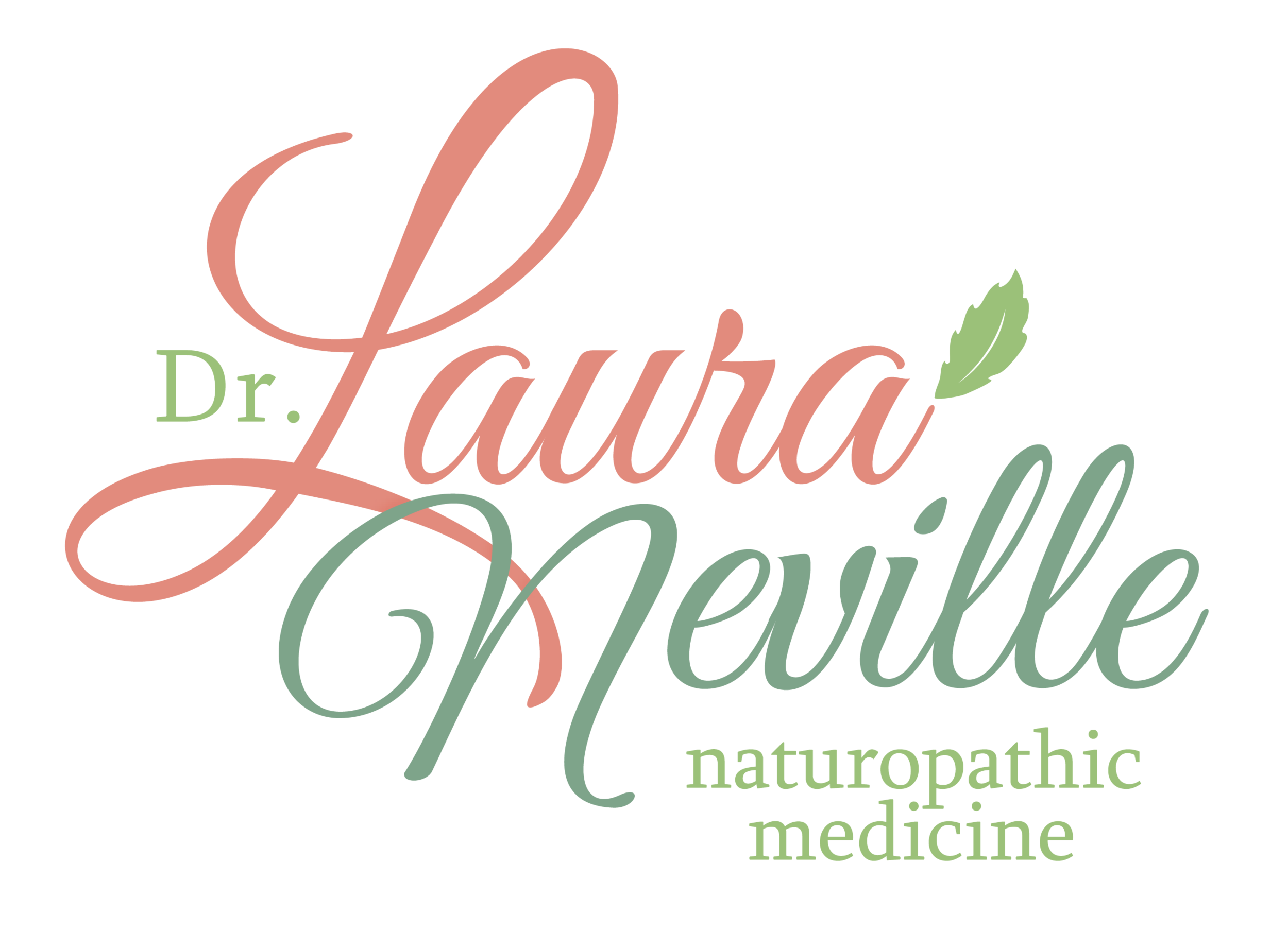Medical writings dating back 5,000 years tells us that our ancient ancestors did not separate body from mind, nor body from spirit.
It wasn't until Sir Issac Newton watched an apple fall from a tree and came up the laws of motion and universal gravitation that suddenly we began to view ourselves as machines. The brain became a computer, the heart a pump, and the eyes - cameras.
Chronic stress/unresolved emotions affect health from head to toe. In fact, medical research estimates as much as 90% of illness and disease is stress-related!So what can be done?
Big hint here: the trick is not to avoid stress, it's to change your response to
How's your stress level been lately?
If you answered "off the charts", you opened the right email today (virtual high five right here).
So your stress is off the charts AND your stress management plan goes down the toilet when you are super stressed.
While short-term stress is normal, long-term chronic stress has been associated with numerous health conditions such as anxiety, hypertension, chronic fatigue syndrome, HPA axis dysfunction (aka adrenal fatigue), and metabolic syndrome.
Inside Stress:
No one can avoid stress entirely but what truly matters is how each person internalizes stress. For one person, a spider, flying in an airplane, or keeping up with the daily grind is no big deal - for another, all of this can be downright traumatizing.
Did you know that majority of all visits to the doctor are for stress-related problems?
According to the American Psychological Association, chronic stress is linked to the six leading causes of death: heart disease, cancer, lung ailments, accidents, cirrhosis of the liver and suicide.
The culprit behind so many of today’s health problems is staring us in the face. Yet with such alarming rates of stress, effective treatments to offset the severe impact of this healthcare crisis seem beyond reach. Until now.
Chronic psychological stress has been associated with most diseases know to modern medicine; everything from immune suppression, cardiovascular disease, autoimmune disease, and cancer. In fact, a study published in 2011 suggests how significant early life stressors cause children’s cells to produce more inflammatory responses over a lifetime. This pro-inflammatory state leads to hormonal dysfunction and eventually, disease
Read More






